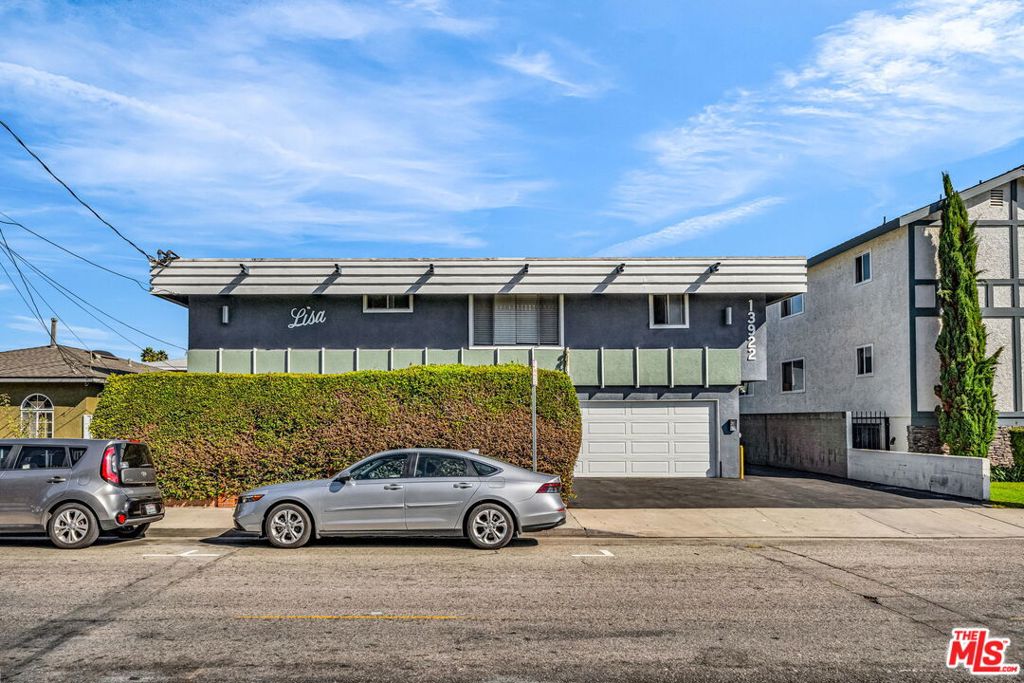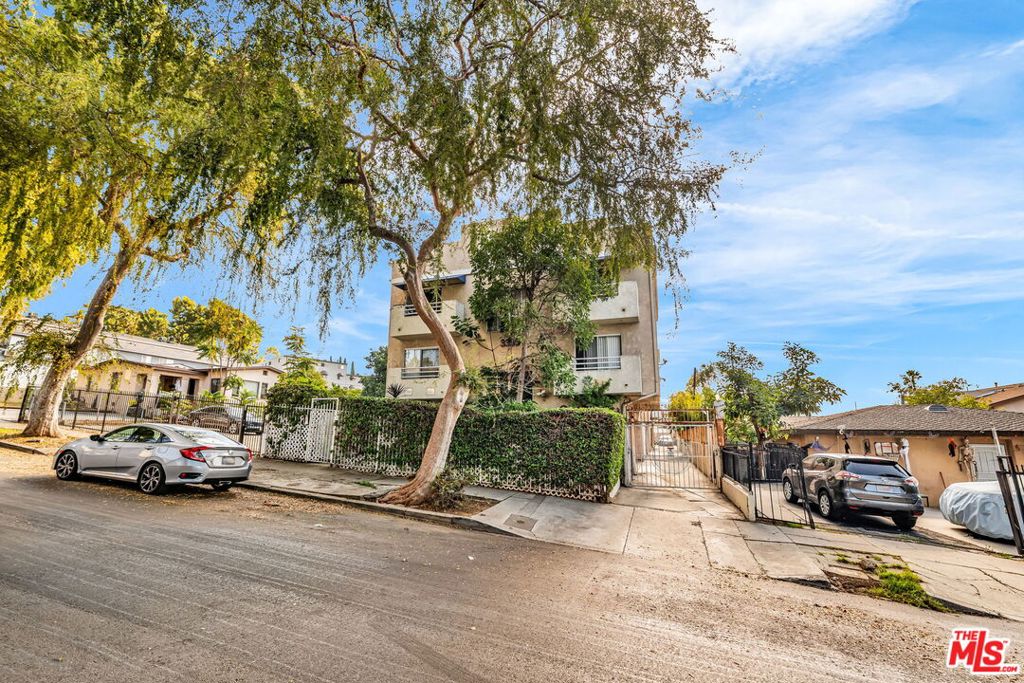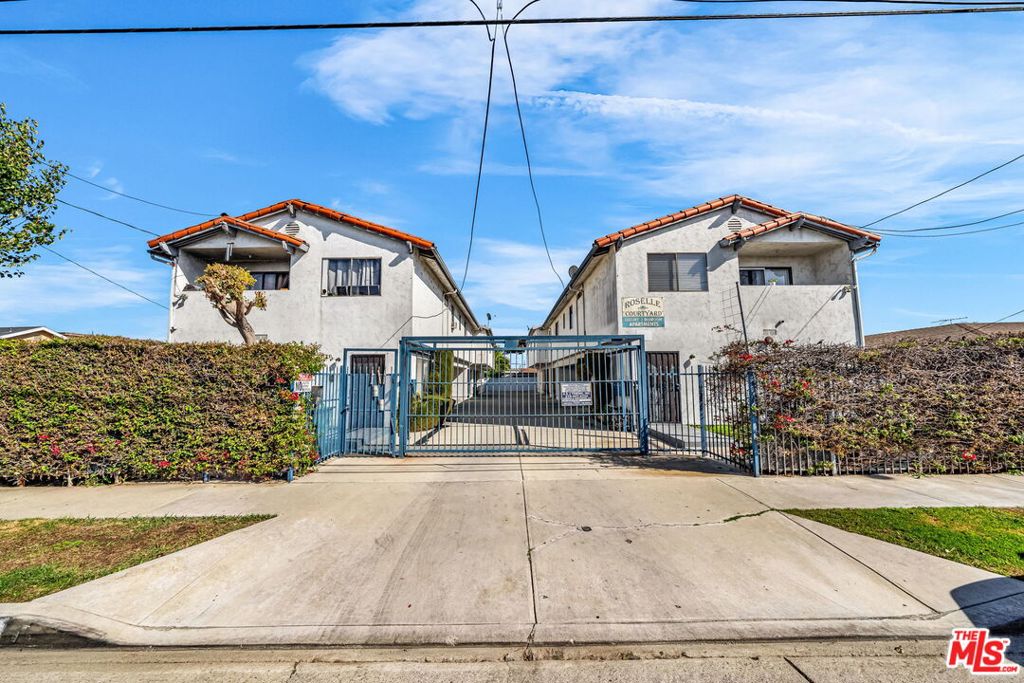What Is Probate Real Estate?
You Are Fortunate if…
Perhaps, fortunately, you may be unfamiliar with the term probate real estate because you have not yet lived through the death of a family member who owned real property. Or perhaps you have never been named the beneficiary of a will. Yet it will be unfortunate when someone passes on, and you know little about probate. It’s best to familiarize yourself with some of the terms and concepts ahead of time. Let us help you.
The Definition Of Probate Real Estate
Probate is the legal process of administering the estate of a deceased person, ensuring that all debts and taxes are paid and that the remaining assets are distributed to the beneficiaries. The probate process can be complex, and a probate attorney often handles it. Probate may be required if the decedent left behind assets not subject to automatic transfer, such as a life insurance policy, a 401(k) plan, or real estate titled to any surviving heirs or beneficiaries.
In addition, probate may be necessary to settle any debts or disputes the decedent left behind. When there is real estate, that is called “probate real estate,” and the sale of it could be necessary for a couple of reasons—primarily because the sale of the probate real estate is necessary to service any outstanding debts or liabilities. The deal could be conducted per the instructions of the will or testament. And lastly, it may be what is best for the well-being of the beneficiaries, in terms of money inheritance or avoiding family feuds.
Who Handles Probate Real Estate?
Two scenarios come into play and determine the name of the representative in charge of the decedent’s estate. The representative is named an executor when the decedent leaves a will or testament. If no such document exists, there will be what’s called an administrator that the court will appoint. This person can petition to play that role with the court’s approval. Either way, the estate’s representative will handle the estate’s assets and liabilities. Among the most important and valuable assets is real property, which is called probate real estate.
There may be a need to sell the real property within the estate. Here is when it is vital to look for a highly knowledgeable team of people to help the administrator sell for top dollar but will also know how to deal with this particular real estate transaction. A Real Estate Probate Brokerage firm will be the very best bet at that point.
The Estate’s Representative and the Probate Real Estate
Once a representative has been named (due to an existing will or appointed by the court), the next step is possible. In the scenario where the estate holds real estate property, the representative will be responsible for coordinating and handling all things pertaining to the probate real estate. A Real Estate Probate Brokerage firm will be hired at the recommendation of the probate attorney or by individual decision.
This is a very smart choice since this probate process may involve many moving parts, and the headache of making the right decision about the probate real estate is best left in the expert’s hands. Once the company has been hired, all communication typically flows between the administrator and the real estate probate agents, except when the agents communicate with the probate attorney for more clarification and coordination of each of the steps relating to the court proceedings.
The real estate brokerage will help with the initial property analysis and inspection to find out the property's current condition and coordinate an appraisal to determine market value. Once that is concluded and at some point in the early stages of the probate, the representative will be required to file a Report of Sale and Petition for an Order Confirming the Sale of Real Property so agents can prepare to market and sell the probate real estate.
Realistic Probate Real Estate Timeline
As already noted, the sale of probate real estate does not follow the same timeline as in the regular market, where things move quicker or slower depending on the market’s demand. Within probate, the whole process, up to the point of distributing funds to the beneficiaries, may take as long as one year—or more. The first two months are mostly an administrative process of the initial court’s petition and issuance of letters, mainly determined by the court’s calendar and availability.
The next phase and its timeline will be determined by whether the probate real estate sale will be a Full Authority Sale (under IAEA) or a Limited Authority Sale (under IAEA), with the first scenario taking somewhere between three to six months and the latter taking somewhere between three to nine months. Whichever it is, here is where having a Real Estate Probate Brokerage will bring the most benefit and when the estate representative can get the most for the property.
The CREM Group
The CREM Group is a boutique Real Estate Brokerage with a highly professional team that sets itself apart in court-supervised real estate sales. The owner, Mark Cianciulli, is a licensed attorney, CPA, and real estate broker. Founded in 2015, The CREM Group has earned the reputation of “expert” from its dealings with the nuances of probate real estate sales and the legal system that accompanies it.
As an attorney-owned real estate brokerage focusing exclusively on probate, trust, receivership, and bankruptcy sales, The CREM Group has helped to calm the many people they have worked with in an otherwise stressful and unhappy time of life.
Reach out to schedule a consultation.



